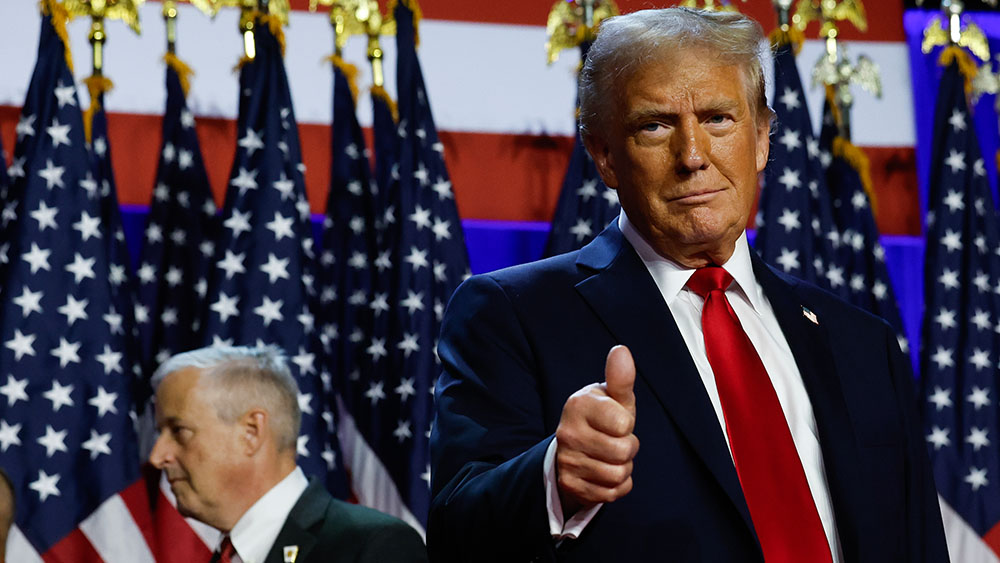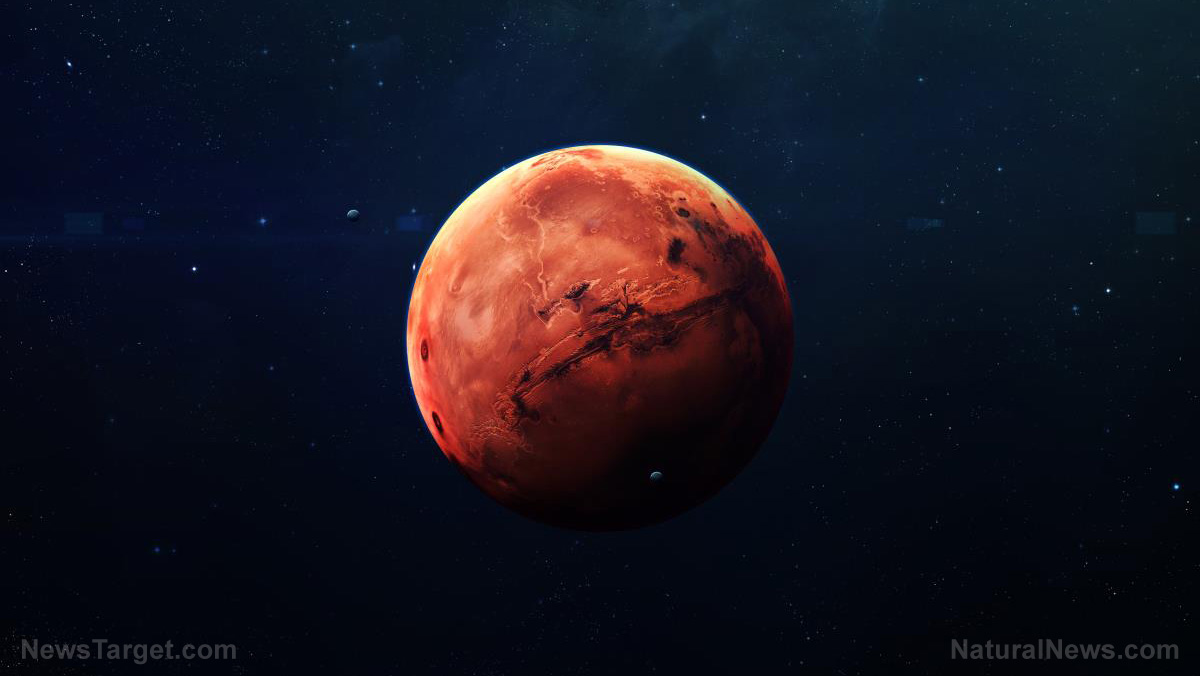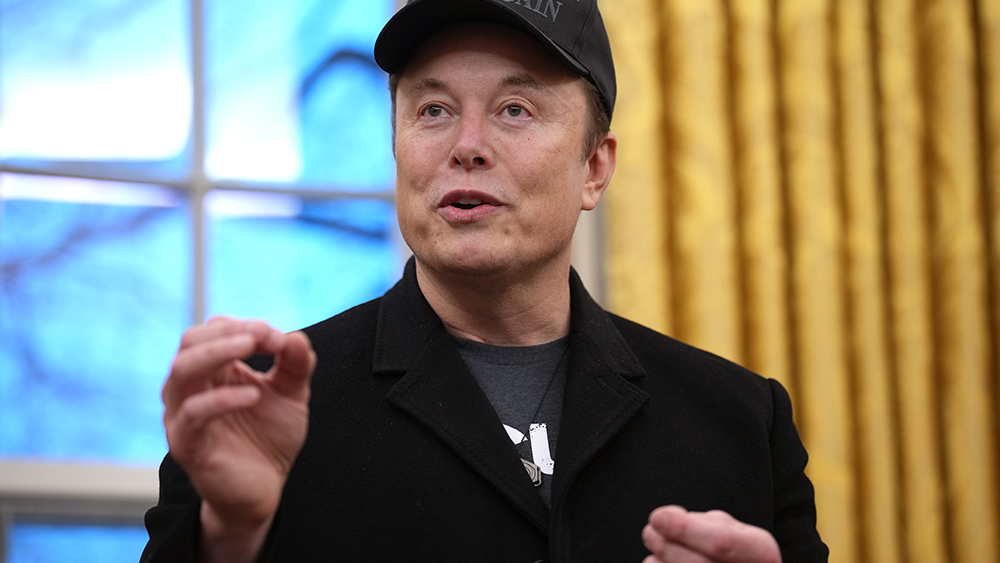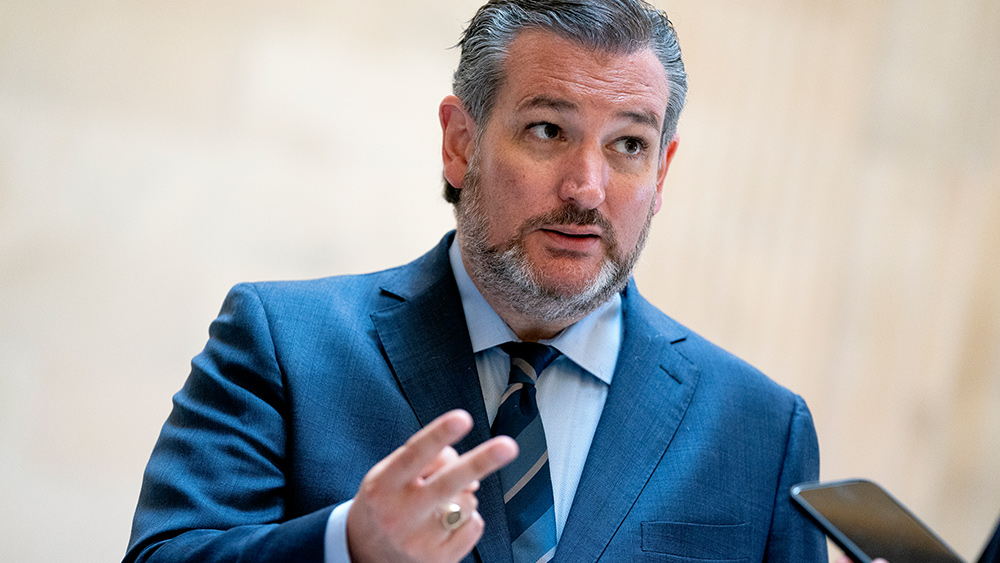 Parler
Parler Gab
Gab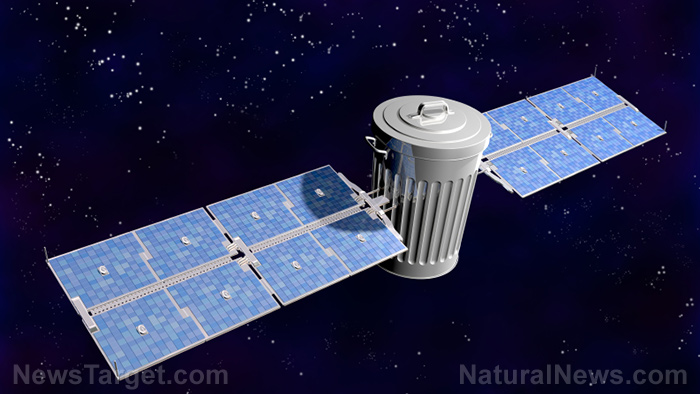
- Jeff Bezos’ Amazon Project Kuiper satellite launch was delayed due to bad weather, highlighting its struggle to compete with SpaceX’s rapid Starlink expansion.
- SpaceX dominates the satellite internet race with over 8,000 satellites already in orbit and 5M global customers, while Amazon lags with zero operational satellites.
- The delay intensifies scrutiny over whether Amazon’s Kuiper offers real innovation or just aims to counter Elon Musk’s dominance in low-Earth orbit.
- Starlink’s strategic role in Ukraine’s war effort underscores the national security importance of satellite communications, raising concerns over reliance on a single provider.
- Amazon has secured 77 future launches but faces skepticism about its ability to catch up as SpaceX keeps accelerating with cost-effective, reusable rockets.
A launch grounded by nature—and competition
United Launch Alliance (ULA), the Boeing-Lockheed Martin joint venture contracted to carry Amazon’s first 27 Kuiper satellites, cited “stubborn cumulus clouds and persistent winds” as the reason for aborting the mission. While weather delays are routine in aerospace, the incident underscores the unforgiving nature of spaceflight—a realm where SpaceX has thrived through rapid iteration and risk-taking. SpaceX’s Starlink, by contrast, has surged ahead with weekly launches, leveraging its reusable Falcon 9 rockets to deploy satellites at a fraction of the cost of traditional providers. Musk’s operation now serves over five million customers globally, a testament to its first-mover advantage. Amazon, meanwhile, has yet to place a single operational satellite in orbit despite announcing Kuiper six years ago.The strategic stakes of satellite internet
Beyond corporate rivalry, the competition for LEO internet dominance carries profound implications for national security and technological sovereignty. Starlink’s role in Ukraine’s defense against Russian aggression demonstrated the strategic value of satellite-linked communications—a capability that has made Musk an influential figure in Washington. Amazon’s slower progress risks leaving the U.S. reliant on a single provider for resilient orbital communications. While Bezos’ company promises to integrate Kuiper with Amazon Web Services (AWS), offering enterprise-grade connectivity for industries like energy and defense, it must first prove it can execute. Regulatory deadlines loom: the Federal Communications Commission requires Amazon to deploy half its planned 3,200-satellite constellation by July 2026.Private enterprise vs. government dependency
The Bezos-Musk rivalry epitomizes the power of private enterprise to drive space innovation without heavy-handed government intervention. SpaceX’s success stems from Musk’s willingness to bypass bureaucratic inertia, while Amazon—despite its vast resources—has struggled to match that urgency. Some skeptics suggest Kuiper is less about revolutionizing internet access and more about Bezos’ refusal to concede the final frontier to his spacefaring rival. Still, Amazon insists it is poised to accelerate. The company has secured 77 additional launches from ULA, Blue Origin (Bezos’ separate rocket company), and—ironically—SpaceX itself. “There’s a big difference between launching two satellites and launching 3,000 satellites,” Amazon’s Rajeev Badyal remarked in a recent promotional video. Yet with Starlink already saturating orbits, Kuiper’s window to compete is narrowing. For now, the clouds over Cape Canaveral serve as a metaphor for Amazon’s uncertain trajectory. Musk’s Starlink has set the standard for commercial space ventures, proving that speed and scalability win in this new era. Amazon’s bid to disrupt the market hinges on overcoming not just weather delays but perceptions that it’s playing catch-up. As private companies redefine humanity’s relationship with space, it is apparent that vision matters, but execution matters more. The question isn’t whether Bezos can challenge Musk—it’s whether Kuiper can move fast enough to matter. Sources for this article include: TheGuardian.com CNBC.com NYTimes.comAmazon and Walmart navigate tariff turmoil: Retail giants adjust strategies amid trade war
By Willow Tohi // Share
Trump’s 125% tariff triggers panic among Chinese Amazon sellers
By Cassie B. // Share
Moon and Mars: Trump’s NASA nominee pledges dual focus in Senate hearing
By Willow Tohi // Share
China’s aggressive space militarization demands urgent U.S. response, warns top general
By Cassie B. // Share
By newseditors // Share
TAKE IT DOWN Act advances in Congress amid free speech concerns
By willowt // Share
Gold prices surge past $3,200 as experts warn of U.S. dollar collapse under Trump policies
By finnheartley // Share
Dane Wigington exposes climate engineering as 'All-Out Weather and Biological Warfare'
By finnheartley // Share

